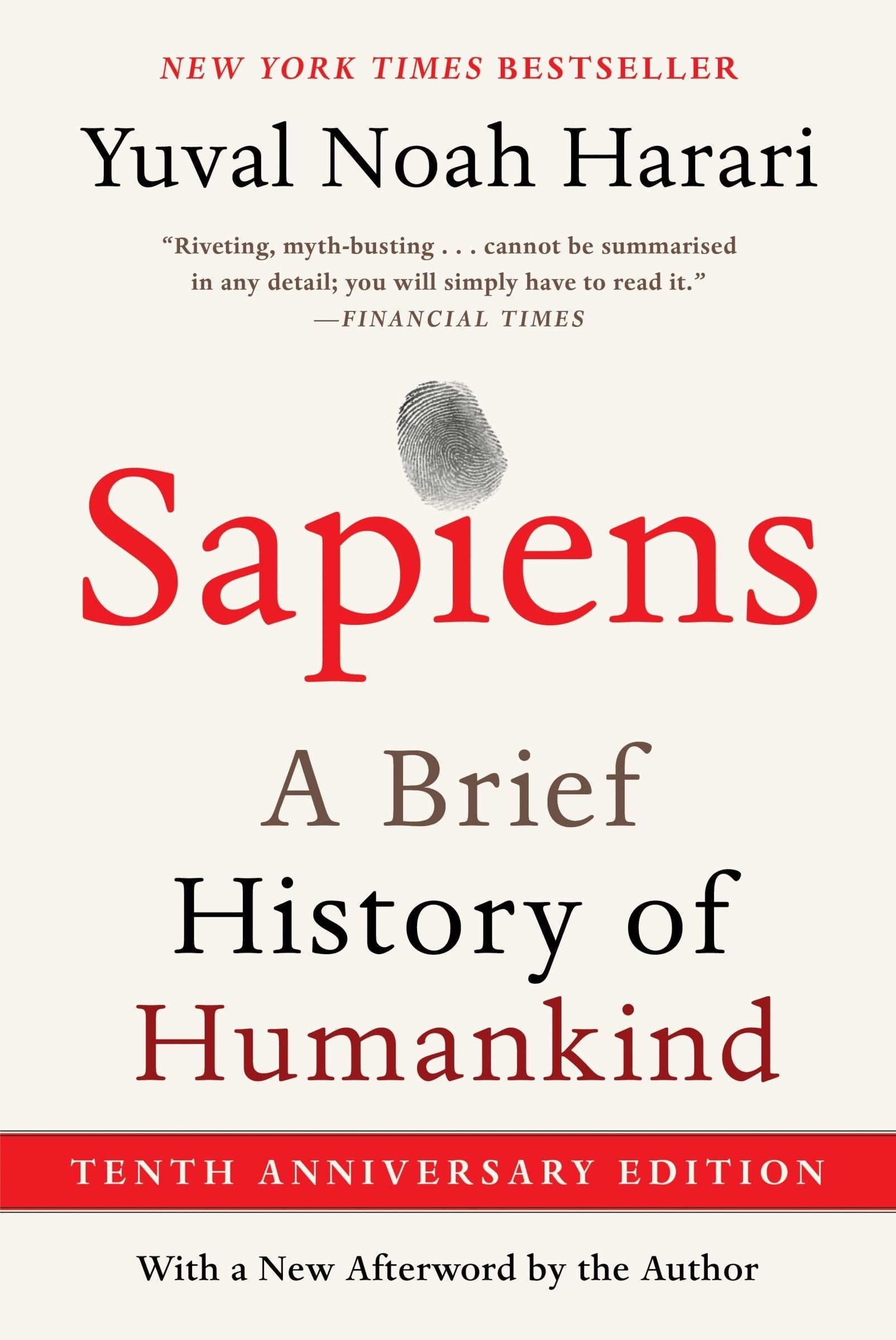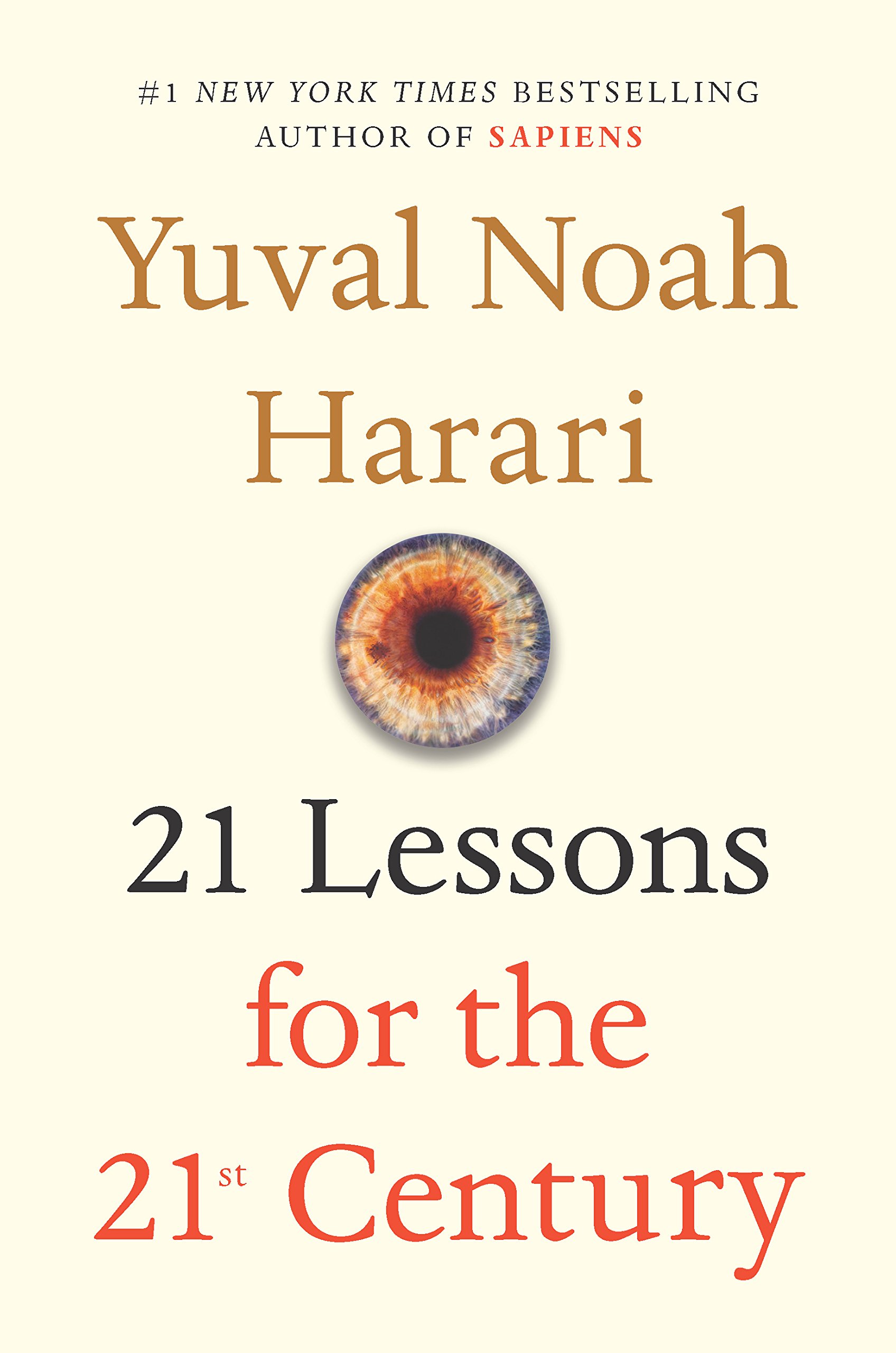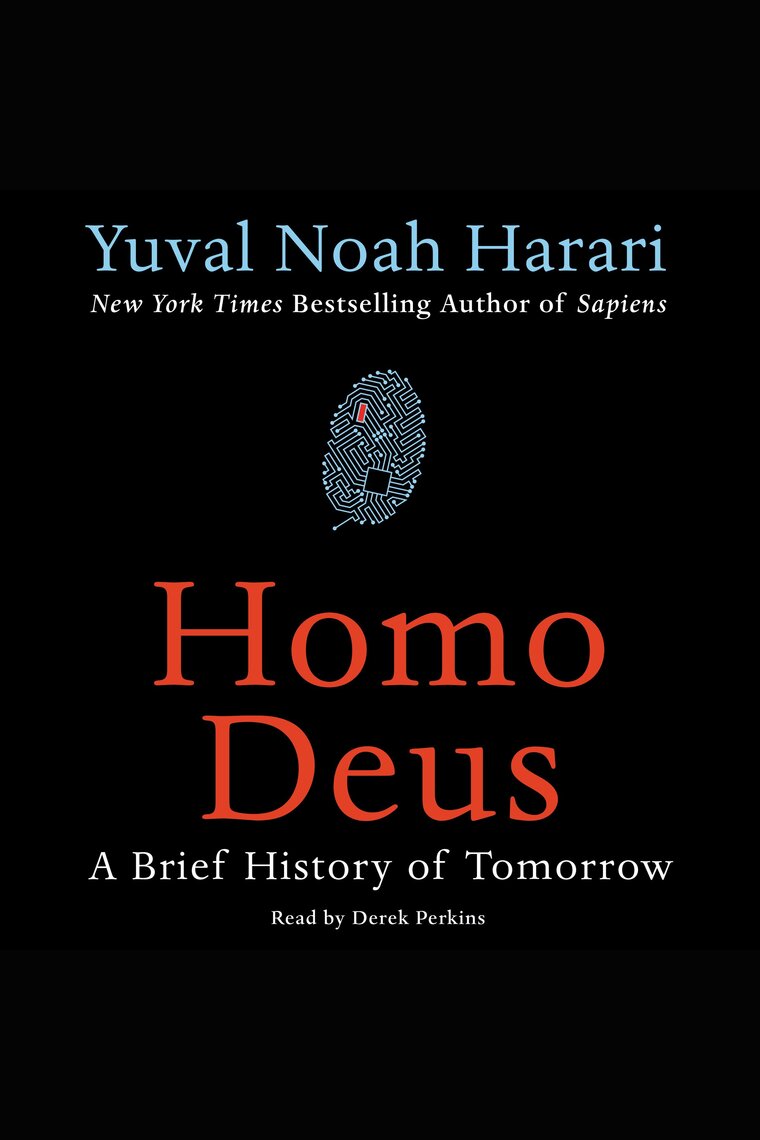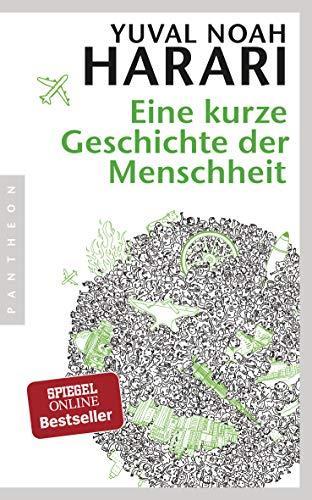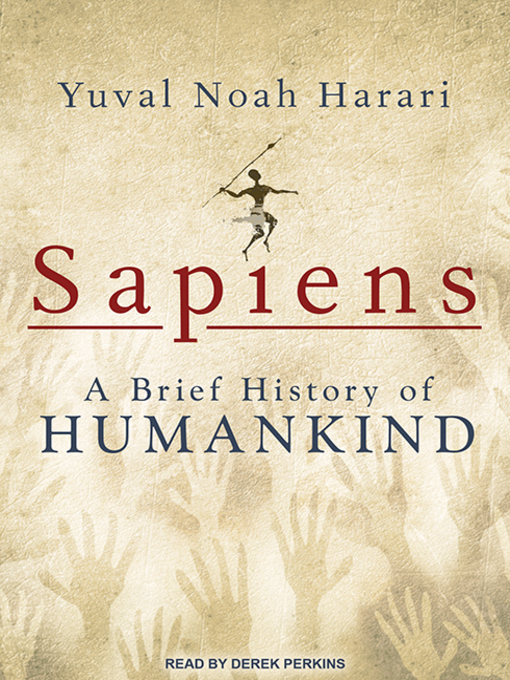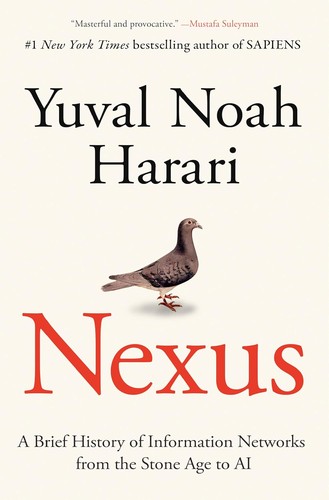Yuval Noah Harari is an Israeli medievalist, military historian, public intellectual, and popular science writer.
Yuval Noah Harari
Autor*in-Details
- Alternative Namen:
-
Juval Noach Harari, Yuval N. Harari, ieal pg(B (2dxxi, und 8 Andere
Ywbal Noah Harariy, יובל נח הררי, 유발하라리, (2ieal pg dxxi(B, יובל הררי, Ywbal Noaḥ Harariy, Yuval Noah Harari, Yuval Harari - Geboren:
- 23. Februar 1976
